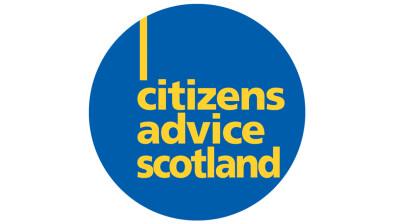Citizens Advice Scotland: Over half a million say debt keeps them up at night

Hundreds of thousands of people are facing sleepless nights because of their personal debts, new analysis from Citizens Advice Scotland (CAS) suggests.
The charity analysed polling from the research company YouGov and found that 74 per cent of people in debt in the past year say that their debt impacts their ability to sleep.
Taking into account Scotland’s population estimates that works out to an estimated 579,070 people.
Citizens Advice Scotland (CAS) is running the “Stressed about Debt” campaign, which encourages people who are worried about their bills or stressed about debt to seek advice from the Citizens Advice network.
People can go to www.cas.org.uk/stressed and pick an advice route that works for them, such as online self-help tools, online advice pages or one-to-one advice from their local CAB.
The CAB service helps improve people’s financial situation and for some this includes debt write-off. Since last spring CABs have helped write off over £11 million worth of debt, with the average amount written off being over £12,600 per client.
CAS financial health spokesperson Sarah-Jayne Dunn, said: “Debt can have a severe impact on our mental wellbeing and that anxiety and stress can keep people up at night. What this research suggests is that is a widespread problem.
“After years of higher costs for food, energy, and housing for millions it is completely understandable that people have found themselves in debt and are worried about it.
“We want people who are stressed about their debts to seek advice and support from the Citizens Advice network. You don’t need to go to a CAB to get advice, instead you can check our online advice pages or use our interactive self-help tools.
“Our network gets real results for people – last year people who saw a gain having sought advice were more than £3,700 better off. Our advice is impartial, confidential and crucially free – we don’t charge for our advice, and we never will.”
Alex Cumming, executive director of operations at SAMH (Scottish Action for Mental Health), added: “Sleep and mental health are closely related. A lack of sleep can contribute to mental health problems, and mental health problems can make it more difficult to sleep. It’s not surprising that stress about debt and money is impacting on people’s sleep.
“There are ways to improve your sleep. Seeking help with debt problems is one of them. It’s also worth trying to develop a routine, to relax before bedtime, to do more physical activity during the day, and to consider how you use your phone or other mobile devices before you go to bed.”







